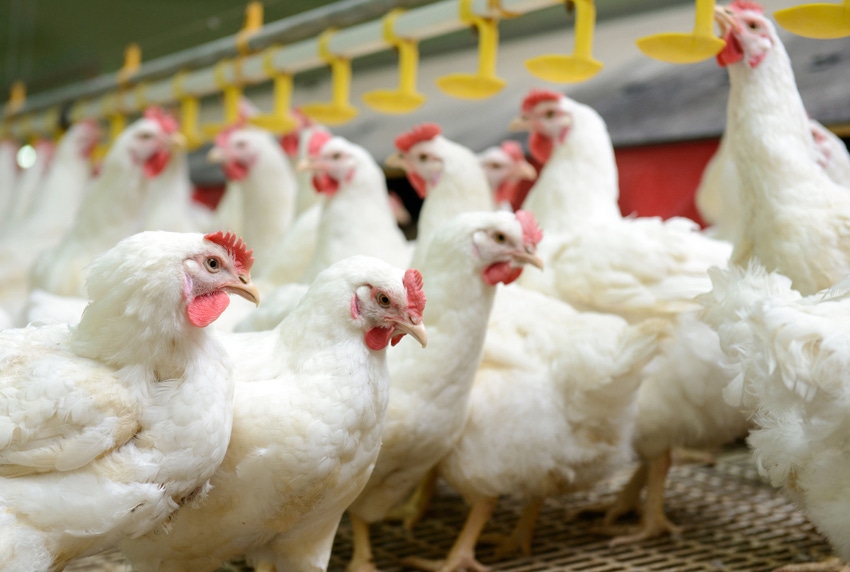Bird influenza tests sought to assess emerging strains
Project could help identify risks associated with emerging strains of avian influenza.
April 26, 2021

Researchers are seeking to develop tests to spot emerging strains of bird flu which are categorized as mild but have the potential to become more dangerous, to help assess and mitigate the likely risks to wild birds and poultry.
Their study will focus on several types of bird flu viruses that are not presently categorized alongside severe strains known to be a threat, but which are linked to recent outbreaks of infections with severe symptoms, high death rates, and which pose a risk to public health.
Outcomes from the three-year, €1.2 million project could help identify risks associated with emerging strains, so that those with high potential for disease can be managed appropriately.
They could also contribute to ongoing worldwide surveillance measures for flu, which is a major challenge for the poultry industry.
Understanding risk
The international team behind the project will seek to determine the biological factors that enable some low-risk strains of flu to become more harmful.
Researchers will manipulate the RNA of strains of flu in the lab, to try to pinpoint the genetic code linked to a risk of serious disease.
The team may be able to compare the impact of typically low-risk strains of flu with those that have evolved to become more harmful.
They will also investigate how these viruses interact with poultry and wild birds, to better assess the potential risks from viruses that pass between the two groups.
Experiments will test the impact of the strains on various tissues, to check for signs of severe disease that would be expected to occur in domestic or wild birds.
“Bird flu is a major challenge and concern for the poultry industry,” said Lonneke Vervelde, professor at
Roslin Institute. “We know that mild H5 H7 strains can become very dangerous, but it is becoming clear that other mild strains are, to our surprise, becoming more virulent. It is critical that we seek to better understand the risks associated with these potentially harmful viruses.”
The project, known as FluNuance, is funded by the International Coordination of Research on Infectious Animal Diseases (ICRAD). It will be carried out in collaboration with Royal GD Animal Health in the Netherlands, the University of Veterinary Medicine, Hannover, Germany, the National Veterinary Research Institute of Poland, and the National Food Chain Safety Office Veterinary Diagnostic Directorate in Hungary.
“The consortium members have all worked with AIV in the past and have excellent research environments enabling application of state-of-the-art technologies,” said Sjaak de Wit, professor and coordinator of FluNuance, Royal GD The Netherlands. “The project integrates resources and expertise that are not available in the laboratory of any one partner, and thus offers substantial added-value to the funders.”
You May Also Like



